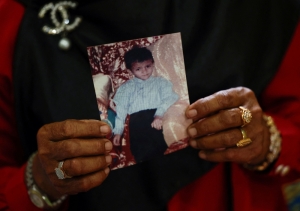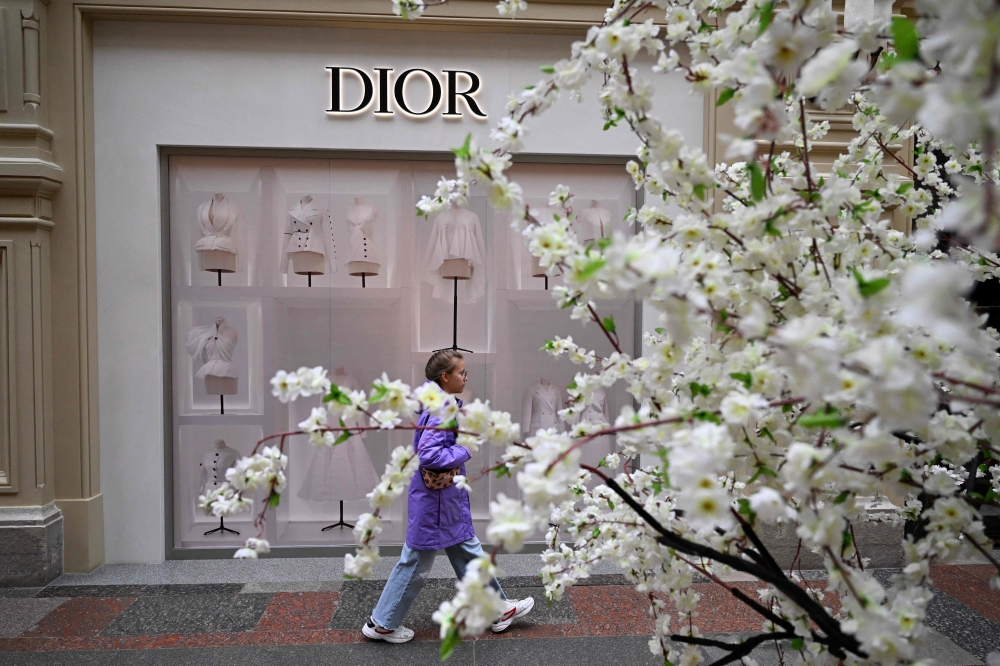- Home
- -
- News
Nasi kandar: The flavourful bond that unites Malaysians across races
- admin
- 07 Sep, 2024
GEORGE TOWN, Sept 6 — The aroma is enticing and its taste mouth-wateringly delicious. That’s nasi kandar, a meal of steamed rice mixed with seven to 10 types of gravy and paired with various side dishes.
Introduced to Penang by the Tamil Muslim traders from India in the early 1900s, the craving for nasi kandar has only grown stronger over the decades. Today, it remains a beloved meal among Malaysians of all races and religions.
Popular nasi kandar restaurants in Penang such as the legendary Hameediyah, Nasi Kandar Pokok Ketapang and Kapitan Maju are often packed but people are willing to stand in long lines for their turn to tuck in. Interestingly, these restaurants have become meeting grounds for people of different races and religions, fostering unity among Malaysians.
According to Hameediyah restaurant owner Muhammad Riyaaz Syed Ibrahim, 33, nasi kandar has somehow satisfied the Malaysian palate for generations and also, in its own way, succeeded in uniting the people of this country.
He said the side dishes served with nasi kandar, such as fried chicken, beef, fish roe, prawns or squid, along with vegetables like brinjal, ladies’ finger or bitter gourd, are enjoyed by most Malaysians.
“This restaurant has been in operation since 1907 and is recognised as the oldest nasi kandar restaurant in the country. Throughout the years, from generation to generation, the restaurant operators have witnessed the harmony among Malaysians of all races through food,” he told Bernama.
Restoran Deens Maju Nasi Kandar Tajudeen S. Jamaldeen, 54, agreed that nasi kandar brings Malaysians together.
“Since I started this business in 2012, I’ve seen first-hand how customers of different races come here and don’t mind sharing a table. Interestingly, some notable figures even celebrate their birthdays here and they would give a treat to all the other diners at the restaurant, regardless of race.
“People, in general, happily enjoy their nasi kandar, and some even make friends or acquaintances over a meal. You can really see the harmony among the various races when they share a meal of nasi kandar,” he said.
Mahadi Muhamad, 35, an executive chef at a hotel, believes that the seating arrangements in nasi kandar restaurants play a significant role in fostering friendliness among customers of different races.
“I’ve personally seen groups of office colleagues of various races gathering in nasi kandar restaurants for lunch. This shows how food like nasi kandar can be a powerful bridge between people of different ethnicities,” he added.
That is the magic of the culinary delight introduced to this country nearly a century ago.
It doesn’t matter if one enjoys the nasi kandar with just salted egg and stir-fried cabbage, or with the pricier side dishes but it will always remain a favourite meal of Malaysians. — Bernama



